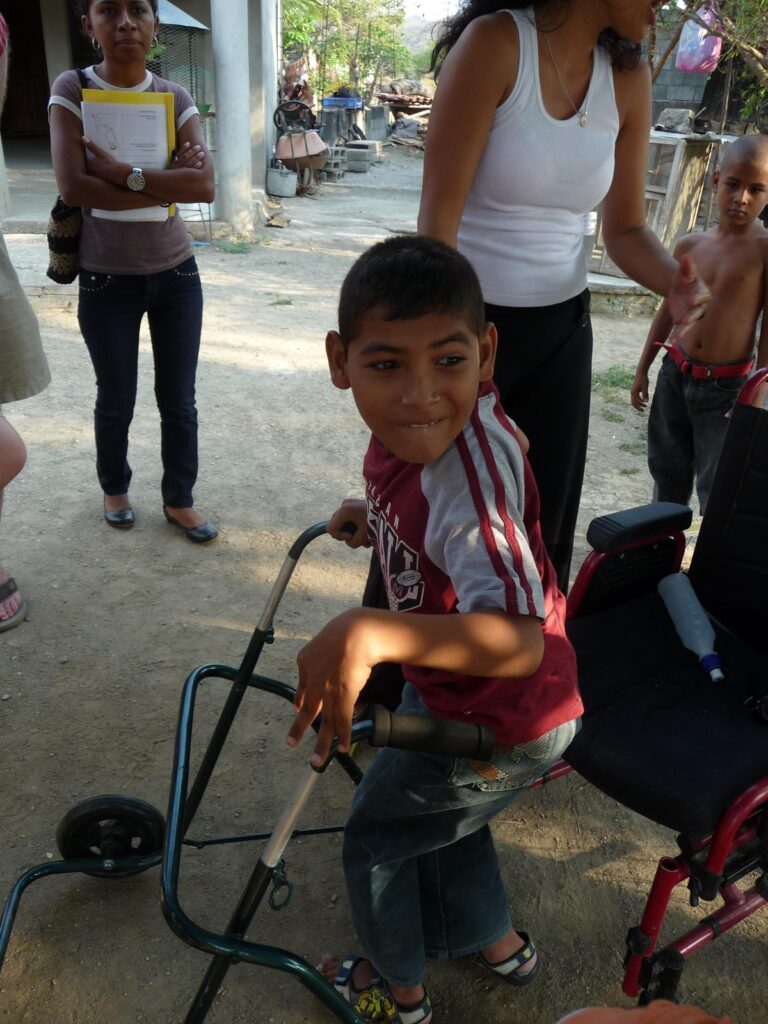Understanding Disability and Poverty in Nicaragua
Disability is a significant issue in Nicaragua, impacting many individuals and families across the nation. In this context, the intersection of disability and poverty creates a cycle that is difficult to break. The social and economic barriers faced by disabled individuals often exacerbate their financial struggles, leading to a higher prevalence of poverty.
The Statistics Behind Disability and Poverty
According to recent reports, Nicaraguan individuals with disabilities are more likely to live in extreme poverty compared to their non-disabled counterparts. Approximately 21% of people with disabilities are estimated to live below the national poverty line. This statistic highlights the urgent need for targeted interventions that address both disability and poverty together.
Health Challenges and Access to Services
Many disabled individuals in Nicaragua face significant health challenges that can further entrench them in poverty. Limited access to healthcare services, rehabilitation, and specialized support is a major barrier. This lack of access not only worsens their health status but also limits their ability to participate fully in the workforce and society.
Government Policies and Support Systems
The Nicaraguan government has made strides in addressing disability rights, yet challenges remain. Policies supporting the disabled population have not been fully implemented or effectively monitored. Consequently, many people continue to face discrimination and insufficient support, making it difficult to escape poverty.
Community Initiatives and International Support
Local organizations and international partners are working together to address the challenges faced by people with disabilities in Nicaragua. Programs aimed at economic empowerment, education, and accessibility are crucial in breaking the cycle of poverty. For more insights on this issue, visit Borgen Project, which explores various facets of disability and poverty in the country.
Conclusion
Disability and poverty in Nicaragua are deeply interconnected, creating a challenging environment for affected individuals. To foster change, a comprehensive approach is required that includes policy reform, community support, and increased awareness. By addressing these issues holistically, Nicaragua can pave the way for a brighter future for its disabled population.

